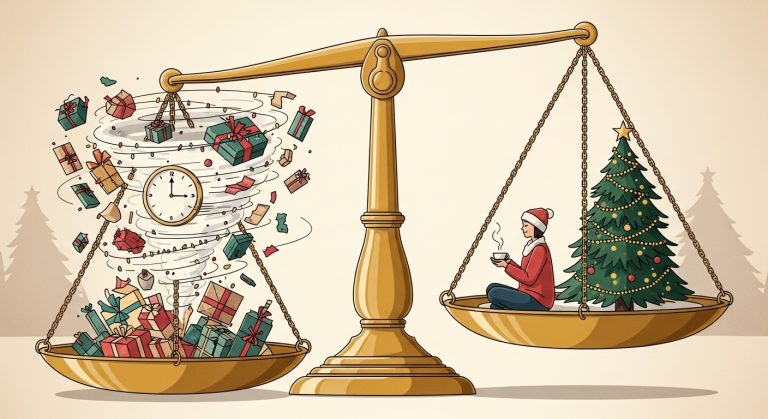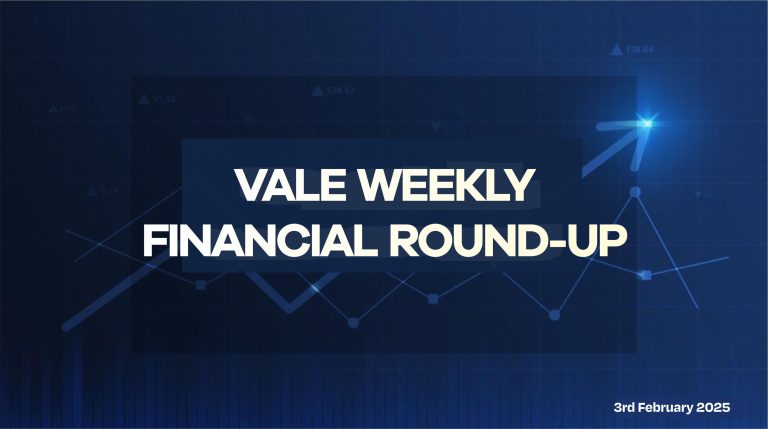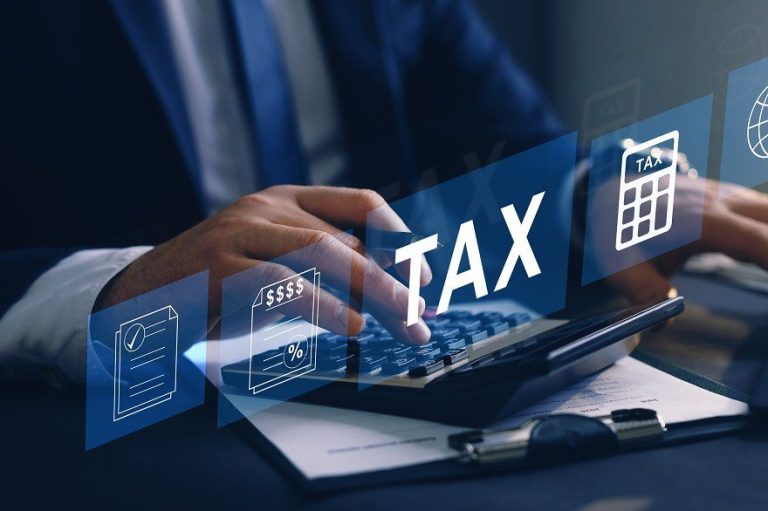Torn Between Saving and Spoiling Yourself? You’re Not Alone
The struggle between saving and splurging is real. It’s not just you. We all experience it. That internal debate of “Should I save this money or just enjoy myself for now?” is more common than you think. One minute, you’re doing great, ignoring cravings, scrolling past sales, and feeling proud of your discipline. You seem to have finally figured out this adulting thing.
Then life happens.
Maybe you’ve had a stressful day at work. Or perhaps Lagos traffic has drained every last drop of your energy. Suddenly, your mind starts whispering, “You’ve tried. You deserve to enjoy small.” And just like that, your self-control fades away.
Often, it’s not really about the money. It’s about how you feel. You want a break. You believe you’ve earned the right to treat yourself after everything you’ve been through. In that moment, logic steps aside and emotions take over. It’s not just about buying something. It’s about escaping reality, even if just for a short while.
Maybe it’s a hot plate of Amala and Gbegiri from your favorite spot. Or a tempting shawarma with extra chicken. Sometimes it’s not even food. It might be a last-minute getaway to clear your head or reward your hustle. Whatever the craving, you try to resist. You remind yourself of your budget, your goals, and your plans. But then you whisper, “If I perish, I perish.” And you give in.
For a moment, you feel good. Then guilt creeps in. You start calculating whether a few minutes of joy just messed up your progress.
The truth is, saving is hard. Especially in Nigeria, where even the most basic purchases require serious calculation. Prices are high. Planning feels exhausting. And every time you try to stay disciplined, life throws you something unexpected.
But what if things could be different?
What if you didn’t have to choose between enjoying your life now and being financially responsible?
What if your money could grow even when you are not spending it?
What if you could save little by little for school, travel, or something you truly want?
And when the urge to spend becomes strong, what if there was a way to keep your money safely out of reach?
That’s where the Vale app comes in. It gives you the tools to manage your money better. You can live well and still stay on track with your financial goals.
Treating yourself is okay. In fact, it is necessary sometimes. But it feels even better when it’s part of a plan. The next time you feel the urge to buy something on impulse, ask yourself, “Would I still enjoy this if I planned for it and didn’t have to worry afterward?” With the right tools, the answer is yes.
You can enjoy life while saving. It is not about depriving yourself. It is about finding balance.
You do not have to pick between now and later. You can have both. So, the next time you whisper, “If I perish, I perish,” you can smile, because you know you won’t. You planned ahead and chose peace of mind.
NOW TO THE NEWS
Naira Appreciates to ₦1,550/$ in Parallel Market
The naira appreciated slightly to ₦1,550 per dollar in the parallel market on Friday, gaining ₦5 from the previous day’s rate of ₦1,555/$. Meanwhile, in the Nigerian Foreign Exchange Market, the currency weakened by ₦1, closing at ₦1,532/$ compared to ₦1,531/$ the day before, according to figures from the Central Bank of Nigeria (CBN).
This movement narrowed the gap between the official and parallel markets to ₦18, down from ₦24 previously. Overall, the naira traded within the ₦1,500/$ range across both markets throughout the week. While the naira lost ₦2.5 in the parallel market during the week, it gained ₦15 at the official window, improving from a starting rate of ₦1,565/$.
Analysts attribute this relative stability to the CBN’s consistent foreign exchange interventions. In its 2025 mid-year review, Afrinvest West Africa Limited noted that the exchange rate performance was the only significant positive surprise compared to earlier projections.
Afrinvest had initially projected an average exchange rate of ₦1,804.45/$ for the year but acknowledged the CBN’s ability to stabilize the naira between ₦1,550.10/$ and ₦1,620/$. The firm credited this to improved market transparency, tech-driven trading systems, targeted FX interventions, higher OMO yields, reduced FX demand for energy imports due to the Dangote Refinery, and a decline in speculative activity. As a result, Afrinvest revised its 2025 exchange rate forecast to an average of ₦1,577.25/$.
CBN Schedules July MPC Meeting to Review Interest Rate Policy
The Central Bank of Nigeria (CBN) has scheduled the 301st Monetary Policy Committee (MPC) meeting for Monday, July 21, and Tuesday, July 22, 2025, at its headquarters in Abuja. The meeting will begin at 10:00 a.m. on July 21 and conclude with a policy announcement by CBN Governor Olayemi Cardoso on Tuesday, July 22.
This meeting is drawing significant attention from analysts and investors who are looking for direction on Nigeria’s monetary policy amid ongoing global uncertainties and rising domestic inflation. Analyst suggest that key macroeconomic indicators such as inflation trends, foreign exchange stability, and GDP performance may influence a potential shift in interest rate policy.
The MPC’s outcome is crucial, as its decisions directly affect borrowing costs, investment sentiment, and overall economic conditions in Nigeria. Any adjustment in interest rates, whether increased, reduced, or maintained will send important signals to both local and international markets.
Nigeria Set to Rebase GDP in 2025 to Boost Investor Confidence and Economic Planning
Nigeria is set to release its rebased Gross Domestic Product (GDP) figures in 2025, the first update in over a decade, aiming to better reflect the country’s true economic structure. The National Bureau of Statistics (NBS) says the rebasing, which was initially expected in January but delayed, will provide more accurate data for policy and investment decisions.
According to Statistician-General Adeyemi Adeniran, the exercise is not just about boosting GDP numbers but capturing emerging sectors like entertainment, tech, and services that were previously underreported. Nigeria’s last rebasing in 2014 nearly doubled the economy’s size and attracted a surge in foreign direct investment.
Experts say the upcoming rebasing could reposition Nigeria as Africa’s largest economy again and significantly boost investor confidence. Experts including Dr. Aliyu Ilias and Marcel Okeke noted that the updated figures will improve Nigeria’s debt-to-GDP ratio, guide government resource allocation, and offer clearer insights for both domestic and international investors. However, they caution that rebasing is not a fix for macroeconomic issues such as currency instability, inflation, and structural weaknesses. Complementary reforms, particularly in productivity and the exchange rate, are necessary to unlock the full benefits of this statistical update.
Experts also point out that, beyond investor appeal, rebasing will also enhance policy formulation and public sector planning. It will allow for more accurate tax assessments, targeted social programmes, and clearer sectoral contributions to GDP. Institutions like BudgIT and the IMF highlight the importance of data-driven governance and transparency in economic management. While optimism is high, stakeholders stress that statistical clarity must be matched with real economic reforms to improve living standards.
FG to Borrow ₦1.76trn via Treasury Bills Sales in Q3 2025
The Central Bank of Nigeria (CBN) has announced plans to raise ₦1.76 trillion through Treasury Bills (TBs) in the third quarter of 2025 (Q3’25) as part of the Federal Government’s borrowing plan for the 2025 budget. This represents a 12.8 percent year-on-year increase compared to the ₦1.56 trillion raised in the same period last year.
Treasury Bills are short-term debt instruments used by the apex bank to borrow funds on behalf of the federal government, while also serving as a tool to manage money supply and liquidity in the economy.
According to the CBN’s Q3 TB issuance programme, the sales will run from July 2 to September 24, with settlement dates from July 3 to September 25, 2025. During this period, the CBN plans to issue ₦340 billion in 91-day bills, ₦230 billion in 182-day bills, and ₦1.19 trillion in 364-day bills.
A monthly breakdown shows that ₦540 billion worth of TBs will be sold in July, ₦450 billion in August, and ₦770 billion in September. In July, the CBN plans to issue ₦150 billion in 91-day bills, ₦40 billion in 182-day bills, and ₦350 billion in 364-day bills. For August, the plan includes ₦110 billion in 91-day bills, ₦50 billion in 182-day bills, and ₦290 billion in 364-day bills. In September, the apex bank plans to sell ₦80 billion in 91-day bills, ₦140 billion in 182-day bills, and ₦550 billion in 364-day bills.


